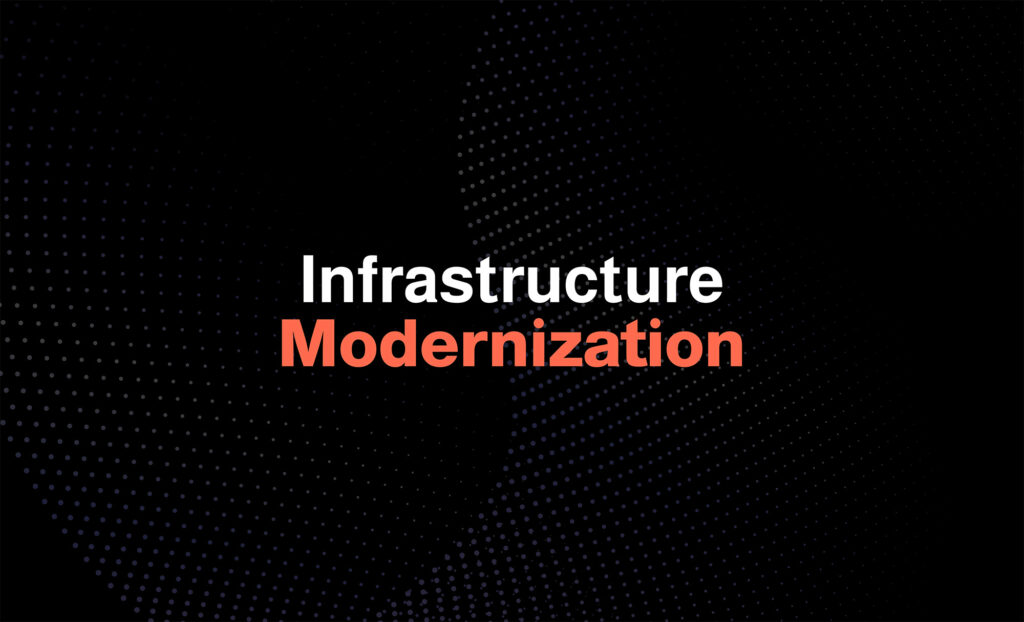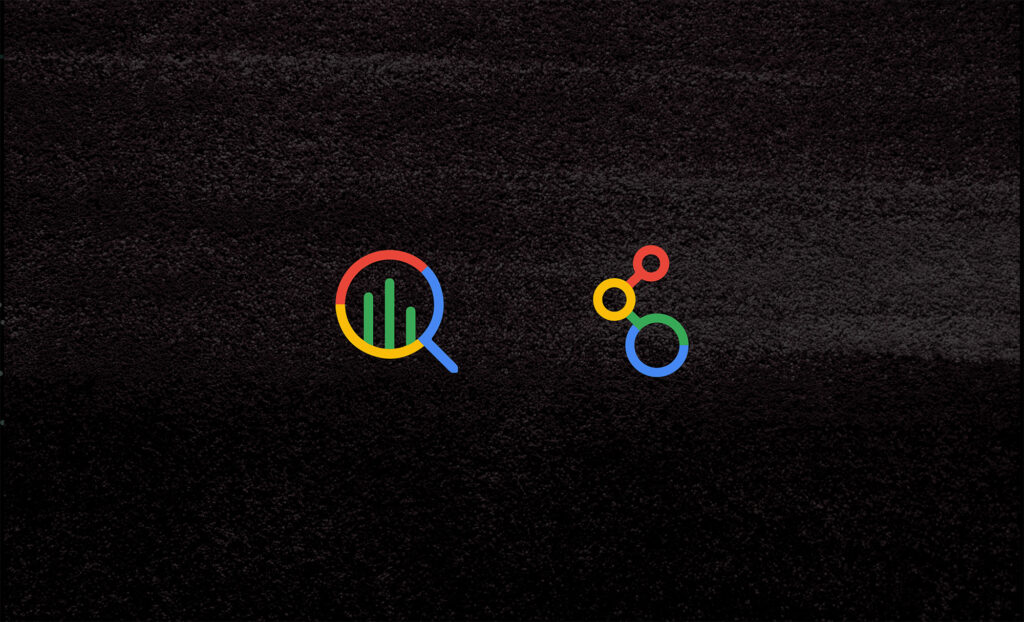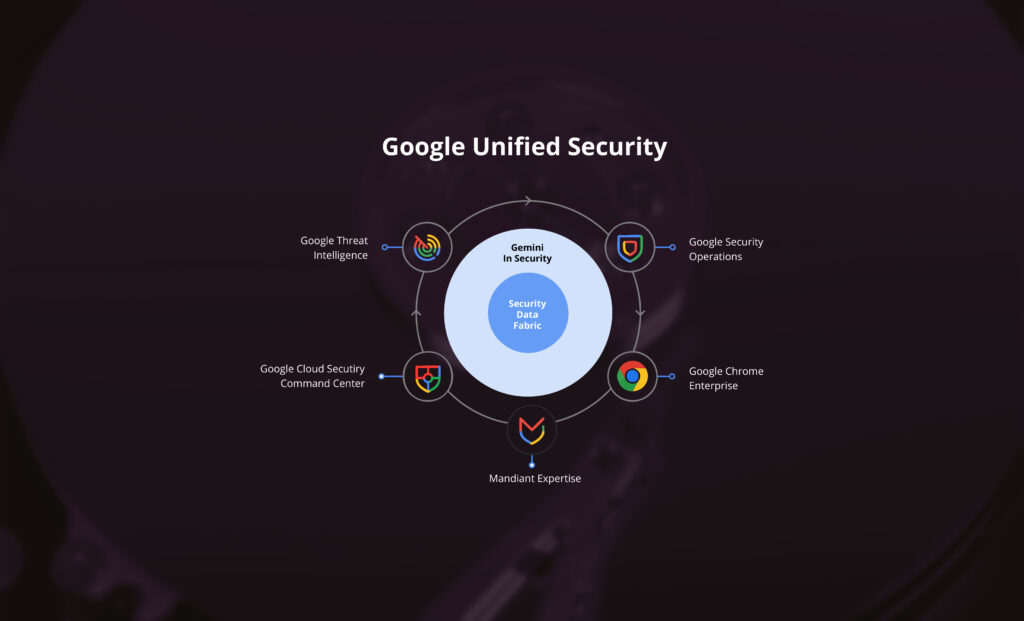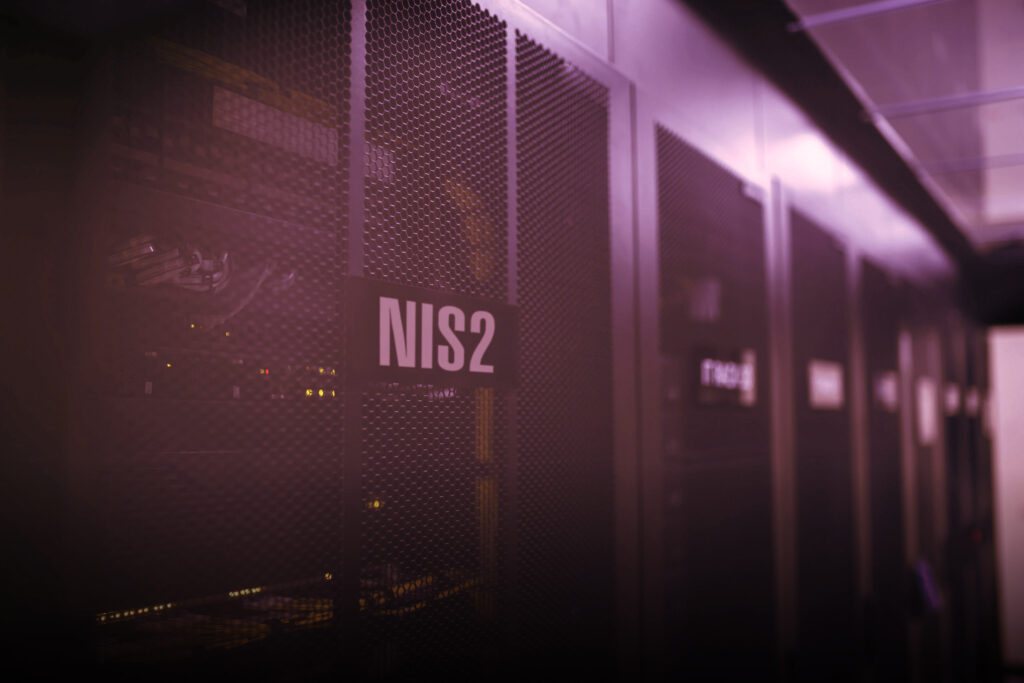There are a lot of misconceptions about Google Cloud, and a lot of them have to do with security. On one hand you have people that think that any cloud poses a security risk, while others believe that Google’s position as data agglomerator poses a risk to their data in the Google Cloud. In fact, it’s quite the opposite: your data is actually more secure in the cloud than it is on your own computer. While Google has 4 major security pillars (zero trust, secure by design, invisible security and shared fate), we have compiled our own list – with 5 reasons why your data is more secure in the Google Cloud:
#1 Zero trust
In a zero trust security model, access to data and resources is not based on predefined trust levels. Instead, all users and devices are treated in the same manner, regardless of whether they are inside or outside of the network perimeter. This approach provides better protection against advanced threats that can exploit vulnerabilities to gain access to sensitive data.
#2 Always up-to-date
Google Cloud Platform provides automatic security updates for all services, so you can be confident that your data is always protected against the latest threats. In addition, Google’s Threat Analysis Group works 24/7 to monitor for and respond to emerging threats.
#3 Encryption by default, at rest and in transit
Google Cloud uses industry-standard encryption technologies to protect your data at rest and in transit. Google uses several layers of encryption to protect customer data in Google Cloud products. Google Cloud encrypts all customer content stored at rest, without any action required from the customer.
Similarly, Google also enforces encryption in transit on all communications within the Google network. Encryption in transit means that data is encrypted while it’s being transferred between devices or networks. This helps prevent eavesdropping and protects your data if it’s intercepted in transit.
And it doesn’t stop there! Currently, Google is even making it possible to encrypt your data while it’s being computed. Thanks to Confidential Computing technology and AMD Epyc processors you can now rest easy knowing that your data is truly secure at all times.
#4 Cloud on Europe’s terms
The General Data Protection Regulation (GDPR) is a set of regulations that member states of the European Union must implement in order to protect the privacy of digital data. Google Cloud is compliant with GDPR requirements, and provides customers with the tools they need to meet their obligations under the regulation.
But Cloud on Europe’s terms goes beyond GDPR, ensuring that your data always stays within the European region and is only handled by personnel from data centres in Europe.
And if desired, you can recently go one step further by using disconnected data centres of European Google partners. These data centres make full use of the Google architecture, technology and standards but operate autonomously from a European country.
#5 Trust through transparency
Google is committed to transparency and sticks to a number of values to build trust. These values are:
- You own your data, not Google
- Google does not sell customer data to third parties
- Google Cloud does not use customer data for advertising
- All customer data is encrypted by default
- We guard against insider access to your data
- Google never gives any government entity “backdoor” access
- Google privacy practices are audited against international standards
So, what are you waiting for? Google Cloud is the most secure platform for your data. Their zero trust and encryption by default security models make it one of the most secure options available. Plus, Google’s transparency and commitment to Cloud on Europe’s terms means you can trust your data is not only secure, but private as well. If you want more information, be sure to check out Google’s security pillars as well. We already covered zero trust, but there’s a lot to learn about secure by design, invisible security and shared fate as well!
We know you have a choice when it comes to cloud providers, so talk to us today about how Google Cloud can help you meet your business needs.





